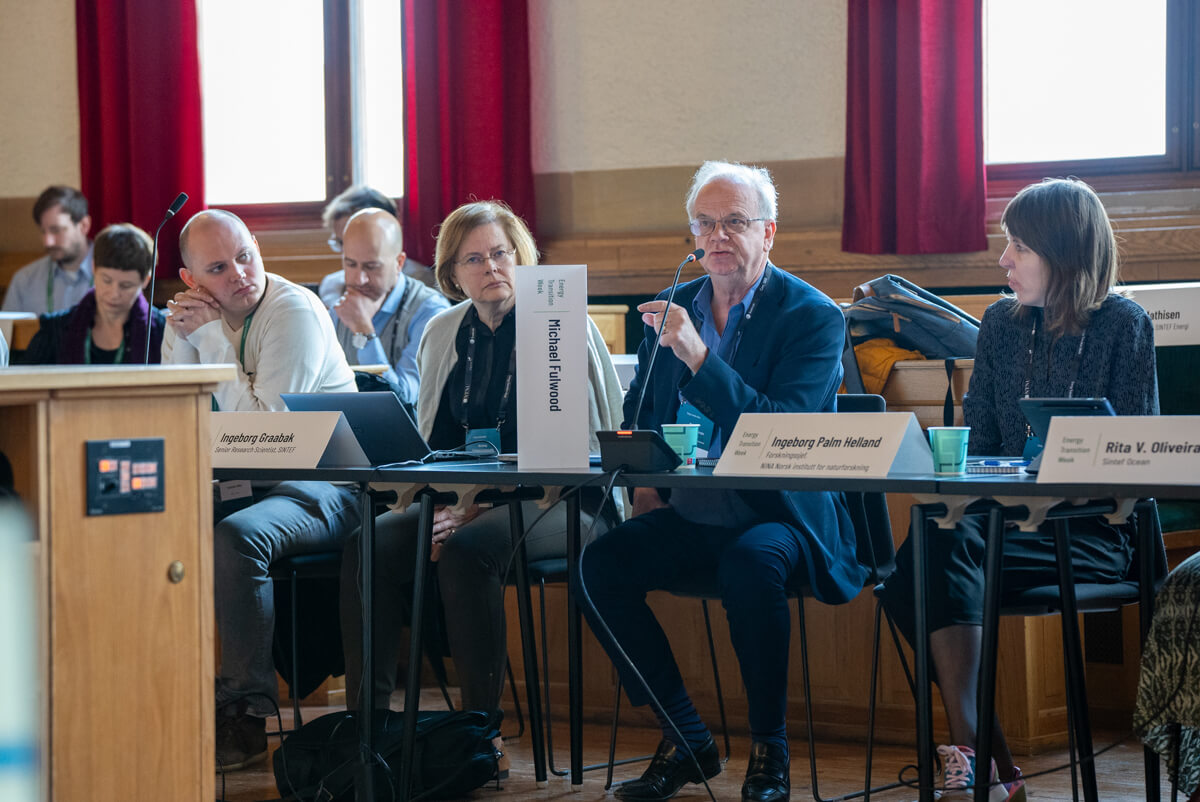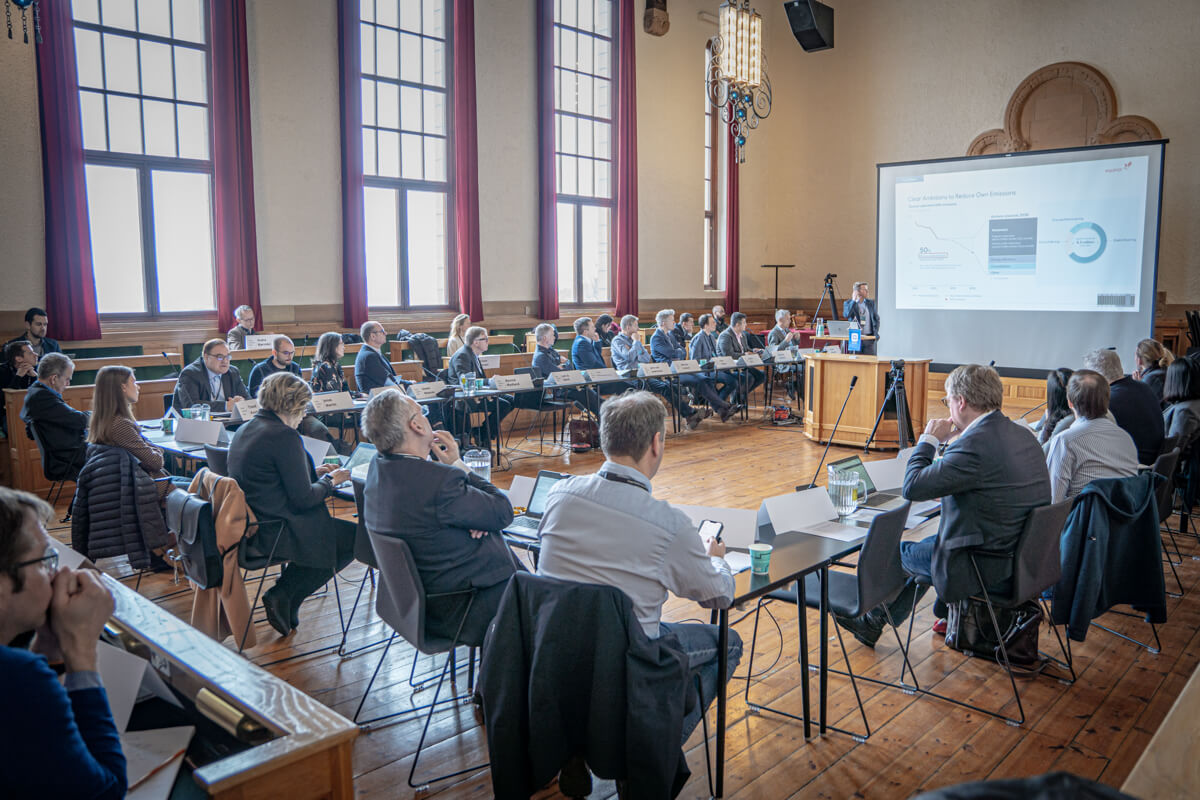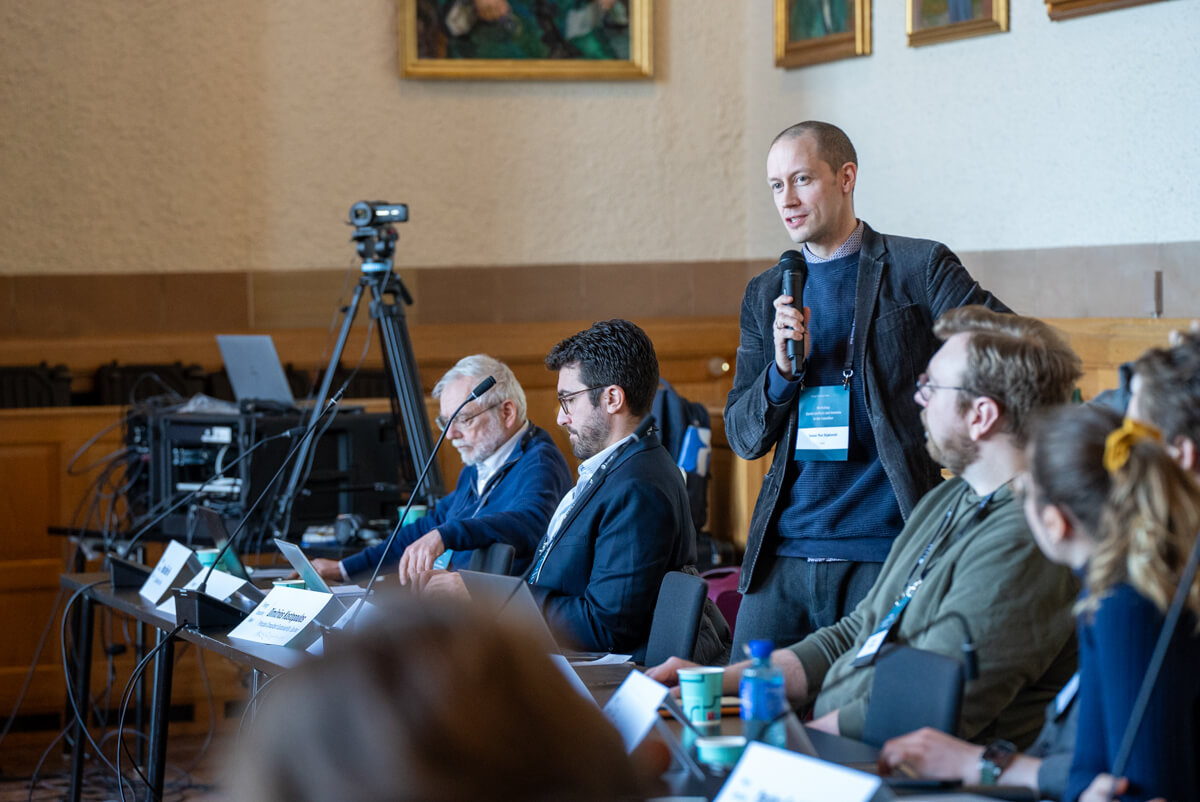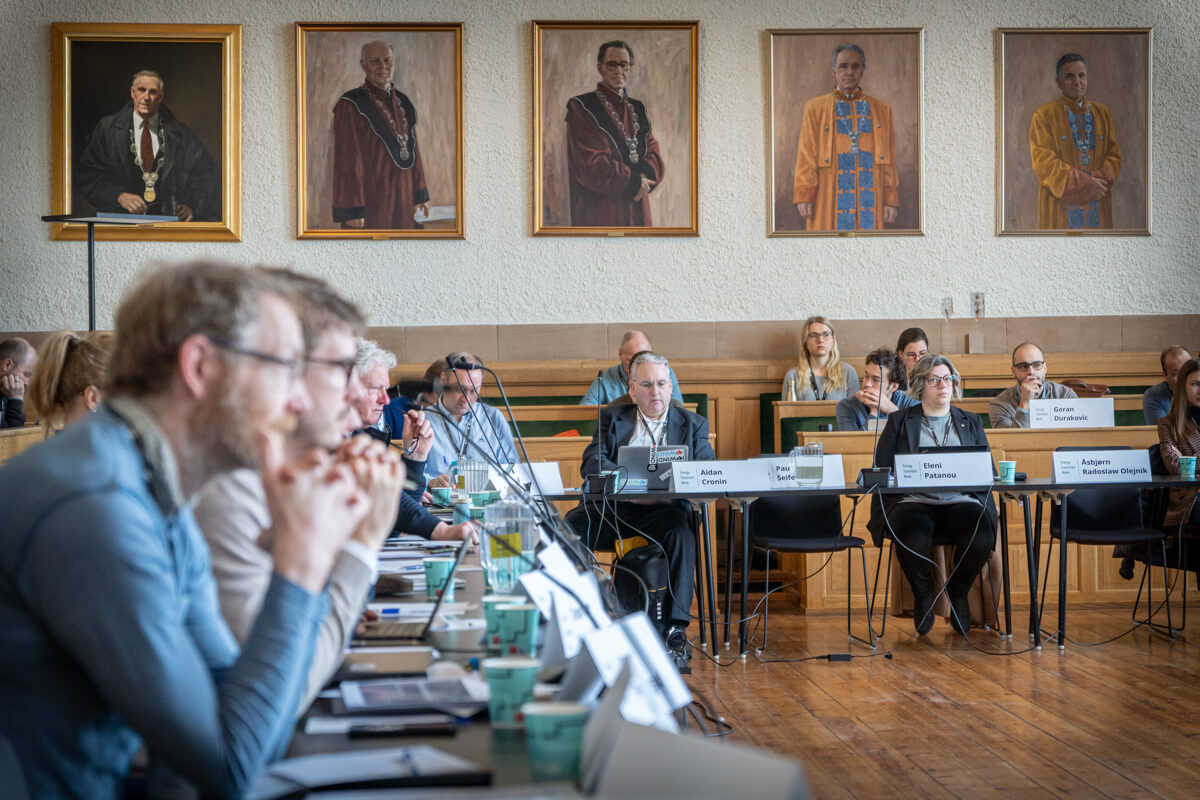Energy Vision Scenarios: Challenges in Protectionism vs. Collaboration, Finance Options, and Climate Impact
Energy Vision Scenarios: Challenges in Protectionism vs. Collaboration, Finance Options, and Climate Impact
The global energy transition is being shaped by competing forces of protectionism and collaboration, challenges in financial mechanisms, and the need to mitigate climate impacts. In this workshop, participants will discuss what is shaping and influencing pathways for achieving a sustainable energy future.
As nations pursue energy security and economic growth, protectionist policies—such as subsidies for domestic industries or ‘trade wars’—are increasingly influencing global energy markets. The workshop will touch upon these themes on how these opposing dynamics shape energy strategies and what opportunities exist for fostering cooperation in a fragmented geopolitical landscape.
Another focus will be on financing the energy transition. With trillions of dollars needed to meet global climate goals, the workshop will have a session on aspects raised in COP29, exploring how to finance the energy transition and the opportunities and challenges to bridge the financing gap for clean energy projects in both developed and emerging economies.
Furthermore, the workshop will address the interplay between energy systems and critical drivers shaping scenario development. For example, as extreme weather events disrupt infrastructure and resource availability, this requires enhancing resilience in energy planning while ensuring alignment with climate goals. Other critical drivers include ramping up production on key technologies, the role of AI, and more.
Programme
| 09:00 – 09:15 | Welcome and Setting the Scene – Asgeir Tomasgard (NTNU) and Pedro Crespo del Granado (NTNU) |
| 09:15 – 10:15 | Energy Vision Scenarios - Framing of the Day: The global transition and the competing forces of protectionism and collaboration, and the interplay of critical factors shaping the development of energy transition scenarios. Presentations: – Our Energy Future, Jae Edmonds (PNNL) – The Energy Transition in China: Challenges and Opportunities, Andrea Gatto (Wenzhou-Kean University) – Geopolitical Effects on Scenarios Design: European Energy Vision 2050 and Beyond, Mostafa B. (NTNU), Konstantin Loffler (TU-Berlin), Hans Auer (TU Vienna), Asgeir Tomasgard (NTNU) et. al. |
| 10:15 – 10:40 | Coffee Break |
| 10:40 – 12:15 | Strategies in an ‘electrifying’ transition: The session focuses on the challenges associated with the uptake of renewable energy and how these challenges are influenced by changes in international cooperation, infrastructure development, power markets, and energy security. Presentations: – Long-term market analyses in Norway and Europe towards 2050, Anders Kringstad (Statnett) – How do we ensure security of supply with dunkelflaute and decreased transmission? Marie Münster (DTU) – Statkraft Green Transition Scenarios, Torjus Folsland Bolkesjø (Statkraft) – Trends in Power Market Designs: Challenges and opportunities in short-term flexibility allocation, Mette Bjørndal (NHH) Short interventions: – Aidan Cronin (Siemens) – Ingvil Østhassel (Renewables Norway) |
| 12:15 – 13:00 | Lunch |
| 13:00 – 14:30 | European Scenarios and National Strategies: How is the energy transition being planned across Europe? How do these plans align with national realities, and what is the interplay between factors such as policy, markets, nature, and culture? Presentations: – National energy and climate plans (NECPs), how are we doing? Michael Belsnes (SINTEF) – Scenarios Comparison from The European Climate and Energy Modelling Forum, Robert Pietzcker (Postdam) and Will Usher (KTH) – Energy demand projections and Norwegian transition pathways, Miguel Chang (IFE) and Kari Espegren (IFE) – European Scenarios without Russian Gas, Asgeir Tomasgard (NTNU) Interventions: – Ingeborg Graabak (SINTEF) – Richard Markeson (Gassco) |
| 14:30 – 15:00 | Break |
| 15:00 – 16:00 | Finance the energy transition and Climate Change impacts: Financing the energy transition and addressing climate change impacts are pivotal for achieving COP goals. They enable renewable energy expansion, climate resilience, and equitable solutions, ensuring a sustainable and inclusive future. Presentations: – Finance the transition in light of COP29, Anders Strømman (NTNU) – Beyond Borders: Non-EU Perspectives on Energy Transition Scenarios & Sustainable Growth Paradigms, Mehmet Efe Biresselioglu (Izmir U.) – Climate Change projections in Africa and effects in Energy System Planning, Pedro Crespo del Granado (NTNU) & Haiping Shen (NTNU) – Optimization of resilient integrated energy systems under uncertainty and extreme events, Richard Schmitz (Fraunhofer) Interventions: – Konstantin Loffler (TU Berlin) – Hans Auer (TU Vienna) |
| 16:00 – 16:15 | Closing and Wrap-Up – Asgeir Tomasgard (NTNU) |
Registration
(by invitation)
Practical information:
Tuesday 1 April: 9:00 - 16:00
-
Moderated presentations and discussion
-
Modified Chatham Rules
-
Location: Rådsalen, NTNU
-
Estimated seats: 40, by invitation
-
Organisers:
Pedro Crespo del Granado (NTNU), Jae Edmonds (PNNL), Mostafa Barani (NTNU), Konstantin Löffler (TU Berlin), Michael Belsnes (SINTEF) and Will Usher (KTH)




